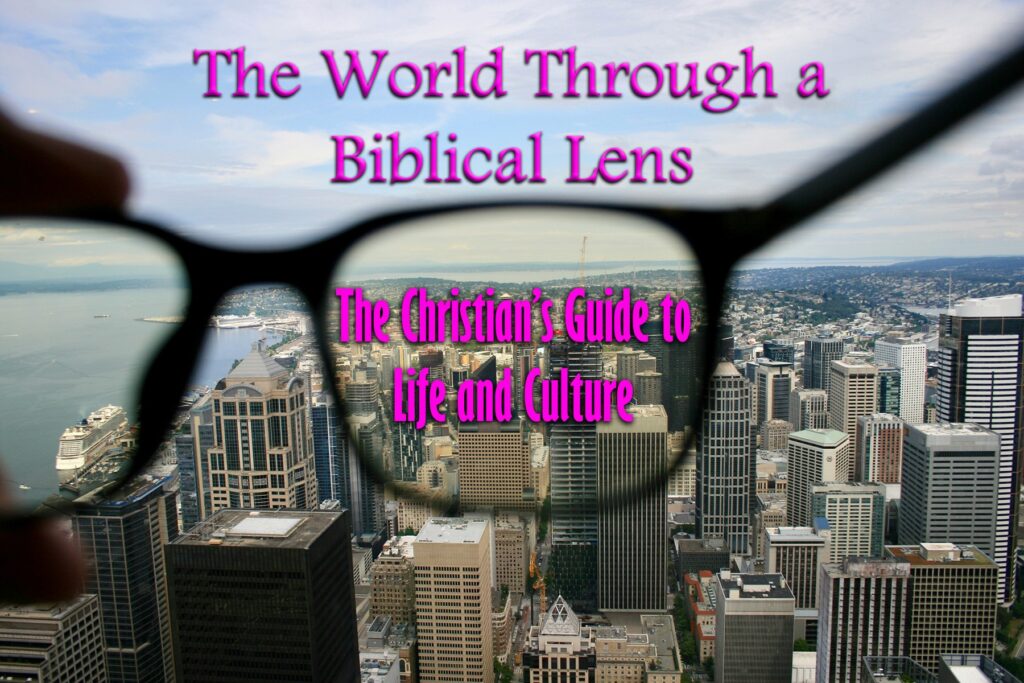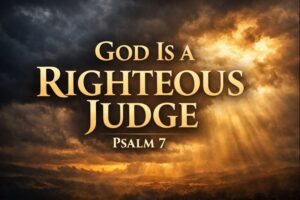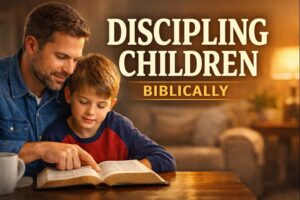⏱️ Estimated Reading Time: 7 min read
Cultural Literacy and Christian Understanding
Many years ago, cultural critic E.D. Hirsch wrote a book entitled “Cultural Literacy”. Hirsch’s thesis is simple: to function in society, people need background knowledge that we absorb from our wider culture. Sayings, mottoes, proverbs, quotes, aphorisms, place names, historical events, abbreviations, prominent people and places and dates, fables, works of art and many other items of knowledge are not learnt alphabetically from an encyclopedia. They are taught when a culture imparts its traditions to its young over many years.
Without this background knowledge – this literacy in one’s own culture – one is a stranger in your own home, a foreigner in your own country. Educated writing and discourse will go over your head, because you lack the cultural literacy to decipher all the background knowledge that is present in the terms.
Consider this sentence: “Covid has brought about an Orwellian scenario, where the raison d’être of government has devolved from a Jeffersonian ideal to a Machiavellian one”. Background knowledge of Western philosophy, political theory, 20th-century literature, and borrowed phrases from French is necessary to make sense of that sentence. Hirsch argues that this kind of cultural literacy is declining, and with it, there is much breakdown in communication and mutual understanding.
The Case for Christian Cultural Literacy
Just as there is a broader cultural literacy, so there is a Christian cultural literacy that all Christians should possess. A similar kind of background knowledge should explain the meaning of terms such as justification, Incarnation, imputation, post-exilic, the diaconate, or Posttribulationism. You cannot make sense of Scripture or the Christian message unless this background information is given to you.
Beyond biblical and systematic theology, Christians should know their own history. Names and events such as Athanasius, William Carey, the Council of Nicaea, Textus Receptus, and The Downgrade Controversy should be part of their mental furniture. And beyond that, Christians should be immersed in their knowledge of their own worship. No Christian should be ignorant of terms and names such as expository preaching, Isaac Watts, O Sacred Head Now Wounded, metrical hymnody, Ambrose, or plainchant. Devotional works such as Confessions and The Knowledge of the Holy are part of this literacy in Christian worship and affections.
Christianity and Civilization
Furthermore, Christianity shaped the cultures and civilizations wherever it spread. What is called “Western Civilization” is really a multi-ethnic, cross-continental civilization that was birthed in Israel, fed by Greece, Persia and Rome, and developed for over two thousand years in Africa, Eurasia and the New World. The history of Western Civilization is, at least partly, a history of the fulfilment of Isaiah 9:2: “The people who walked in darkness Have seen a great light; Those who dwelt in the land of the shadow of death, Upon them a light has shined.” The people of Western Civilization, the places, and their poeima (their works of art or craft) should be studied.
The Six Pillars of Biblical and Theological Literacy
All of this is the patrimony of the young Christian. For shame, that young Christians should graduate from Christian schools, homeschools or private schools and yet be basically ignorant of their own culture. For shame that decades in some churches will not grant much of this either. What kind of education or discipleship would have the audacity to call itself Christian if its graduates and disciples have only the faintest grasp of Christian doctrine, history, or worship, and if they feel no loyalty to the civilization that bequeathed them most of the blessings they now enjoy? And indeed, how much must be going over their heads as they sit in church, simply uncomprehending of much that comes at them, musically, poetically, or rhetorically. To this end, I suggest we might think of six “theologies” that make up a truly biblically and theologically literate person.
- Devotional theology.
Every believer needs to grow in understanding how to commune with God, take up the spiritual disciplines, and generally understand biblical spirituality. Many theories of Christian spirituality exist, and Christians need to understand biblical approaches to communing with God and loving Him with ordinate affection. Devotional works, books on communing with God, and all Scripture dealing with the life of worship fall under this category.
- Practical Theology.
Christians follow Christ, and they are to follow Him in every detail of their lives. Practical theology works the principles and precepts of Scripture into family life, work life, civil life, use of money, use of time, use of the tongue. In short, practical theology is a theology of sanctification: how to be godly, holy, Christlike from the inner man through to all one’s external acts. Biblical counseling falls under this category, as do any theories of spiritual growth, and progress and holiness.
- Biblical theology.
The Bible has a common theme running through it, from Creation to Christ, and the narratives are not just dramatic decorations. Christians need to know what I call ‘the story of His glory’ from Genesis to Revelation. The unfolding plan of Redemption, the Christocentric focus of Scripture, and the progression of revelation is needful to believers to understand. Biblical theology immerses us in the study of individual books of the Bible, and places those books within the canon of Scripture, and grand narrative of the Bible.
- Systematic theology.
When the Bible’s teachings are gathered together, we can systematize them into nine doctrines: theology proper (doctrine of God and the Trinity), Christology (doctrine of Christ), pneumatology (doctrine of the Holy Spirit), angelology (doctrine of holy and fallen angels), anthropology (doctrine of man), hamartiology (doctrine of sin), soteriology (doctrine of salvation), ecclesiology (doctrine of the church), and eschatology (doctrine of last things). Systematic theology harvests Scriptural texts, seeks to do justice to their contexts, and fits them into a logical scheme that correlates, compares, and explains the resulting synthesis.
- Historical theology.
Since the church’s understanding of what the Bible teaches has developed over centuries, it is important to understand how this understanding grew, and the historical events that surrounded and shaped it. Sound doctrine does not come merely from a sincere heart and an open Bible. It also comes from standing on the shoulders of those who sailed through bloody seas to have it. Church history, historical theology, and liturgical history give us the people, stories, and events that flowed out of the completed Scriptures shaping the Church for 2000 years.
- Cultural theology.
This might sound like an odd category, but without it, Christians become blind to the very forces shaping their interpretations of Scripture. Cultural theology is understanding the meaning of the culture around us. Systems of thought, such as relativism or pluralism, prevalent attitudes such as consumerism and populism, ethical questions such as abortion, economics, technology, government, the environment, or the meaning of cultural artifacts such as music, dress, entertainment, social customs and traditions are all questions of cultural theology. Not only does cultural theology enable us to have a Christian worldview and live consistently Christian lives in our complicated culture, but it also helps us to defend and propagate the faith effectively.
Why This Matters
Taken together, these points I’ve mentioned in this article might seem like a voluminous number of topics. But, practically speaking, any parent, Christian school, or Church would want to pass on this knowledge. It is hardly extraneous or superfluous knowledge. Rather, it represents the teaching of the Bible lived out and made practical for Christians.
A Christian exposed to these six categories will, in time, become literate in the culture of Christianity, and will be a biblically and theologically literate person.

The World Through a Biblical Lens: The Christian’s Guide to Life and Culture
David de Bruyn was born in Johannesburg, South Africa, where he now pastors New Covenant Baptist Church and resides with his wife and three children. He is a graduate of Central Baptist Theological Seminary in Minnesota and the University of South Africa (D.Th.). David hosts a weekly radio program that is heard throughout much of central South Africa, serves as a frequent conference speaker, and is a lecturer at Shepherds Seminary Africa. Check out his website.




